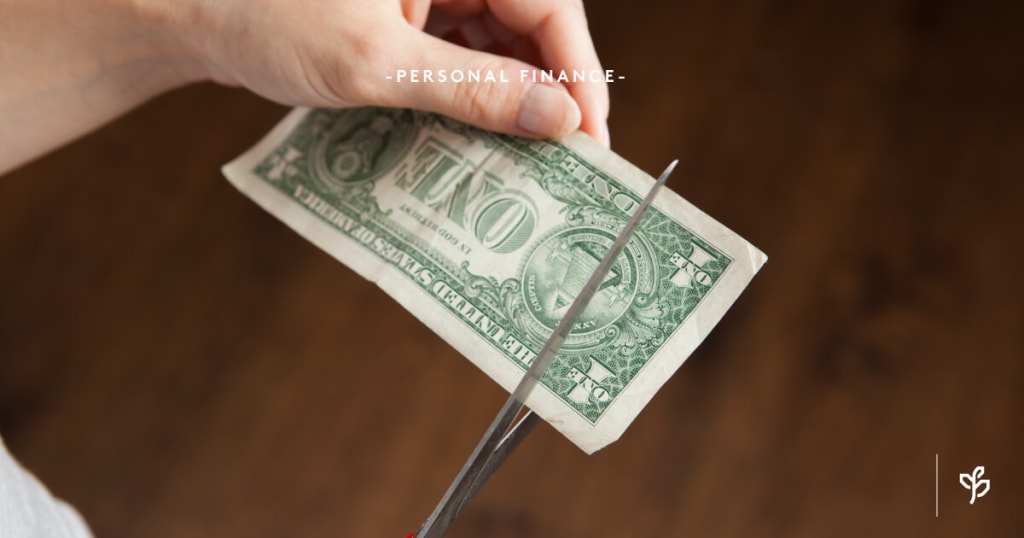Financial Expenses vs Investments: What’s the Difference?
Remember that any purchase you make can be more expensive than what the price tag shows.

Have you ever wondered why your money goes away so quickly when you make just your regular purchases? Chances are the answer relies on financial expenses.
You may not pay the necessary attention to them or even know what they are. Don’t worry, here you’ll find some information that will help you take back control over your finances.
First, let’s understand the difference between financial expenses and regular expenses.
What are expenses?
We can define an expense as any outflow of money you make to acquire a good of service. Taking this into account, we can say that regular expenses are all those purchases of food, entertainment, clothes, etc.
Read also: 5 Money Saving Tips to Take Advantage of Extra Cash
Some people confuse expenses with a loss of money. Even though this could be a popular expression, the statement is wrong. An expense is not a loss of money due to the fact that you receive a product you desire in exchange for cash.
What about financial expenses?
Now that we’re clear on what expenses are, let’s get a little deeper into financial expenses.
Financial expenses are those that come from a debt. Whenever you get a loan from the bank or use your credit card to make a purchase, you have to pay some interest, for example. The payment of these fees is known as a financial expense.
A common example of a financial expense is the interest you pay for your credit card use. Think of a time when you used your card to pay for a new phone, or a LED television, and divided the price into several payments to be done over the course of a couple of months. All the interests you have to pay each month are financial expenses.
What about investments?
A lot of people tend to confuse expenses with investments, but it is important to understand they are NOT the same thing.
Have you ever heard a real estate agent saying your house is the best investment you can make? Well, that is not always the case. We’ll explain that later.
An investment is a use of money with the purpose of gaining a return and a profit. There are several investment opportunities like the stock market, high yield savings accounts, investment funds, among others. However, it is common for some people to confuse regular expenses with investments.
Investments involve a level of risk, which means the return of your money may never happen. Nevertheless, on the bright side, there’s also the chance that the money of your investment returns completely and it keeps generating a profit over the long term.
What is the difference?
Let’s say you have been saving money to buy a small apartment. You find one that fits perfectly with what you want: a cozy living room, a classy kitchen, and a nice view out your bedroom.
If you buy it to move in and call it home, the down payment and all the monthly fees are regular expenses. On the other hand, if you buy it to flip it or rent it to somebody else, these payments would be investments because they are done with the goal of making a profit.
Nevertheless, no matter if your new apartment is an expense or an investment, all the money you use to pay the interest of the mortgage is a financial expense.
The main difference is that an expense generates only an outflow of money, while an investment will cause an inflow of money or income (ideally). So, the purchase of your apartment would be an expense, unless you use it to make a source of income out of it.
To wrap it up
It is essential to your financial fitness that you can differentiate regular expenses, financial expenses, and investments. Always keep in mind that any purchase you make can be more expensive than what the price tag shows due to financial expenses, given that you use a payment aid such as a credit card or a loan.
Once you understand this principle, you’ll be able to juggle the different payment options to avoid unnecessary costs. Using that extra money to invest could set you on your way towards a brighter financial future.
About the Creator
FlexInvest
Investing and finance made simple.






Comments
There are no comments for this story
Be the first to respond and start the conversation.